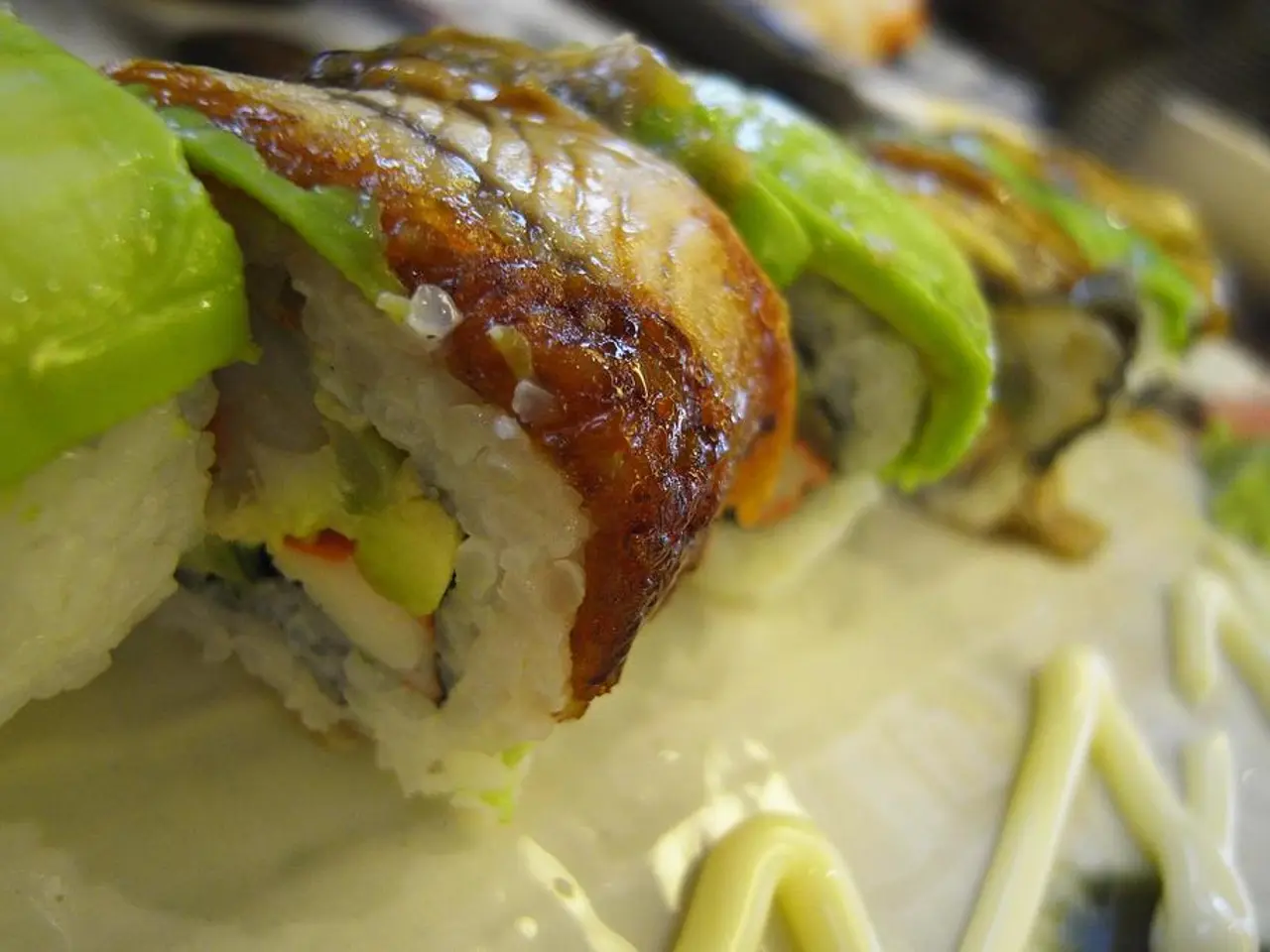Concerns arise over potential increase in cost of treasured kebabs for Germans
In the heart of Germany, a labor dispute at one of the country's largest kebab factories, Birtat Meat World SE, is causing ripples of concern among consumers and vendors alike. The workers, predominantly immigrants from Turkey, Romania, and Bulgaria, have been staging "warning strikes" to pressure their employer for a wage increase of 375 euros per month and improved working conditions[1][2].
Located in Murr, 30 kilometers north of Stuttgart, Birtat has been a staple in the kebab industry for over 30 years, producing skewers of ground beef, veal, chicken, or turkey kebab that can weigh up to 120 kilograms[2]. The factory is one of the key suppliers for kebab vendors across the country, with its meat reaching more than 13 million consumers every month[3].
The ongoing strike has already raised fears of potential kebab price increases and shortages. Germans, who have grown fond of the popular street food, have noticed a significant increase in kebab prices over the years. Kebabs, which used to sell for 2.50 euros about two decades ago, now commonly cost at least 7 euros[1]. If the strike persists, this trend could accelerate, making the beloved dish even more expensive or less available[1][3].
The strike involves concerns about non-transparent payment methods at the factory and the workers' calls for a collective contract agreement with the help of the Food, Beverages and Catering Union[4]. Despite the disruptions, the supply chains have not fully collapsed yet, but if the strike continues, the risk of price hikes and scarcity grows[1][3].
The European Union's recent parliament decision to keep an important additive (phosphates) legal for kebab meat production could potentially aid manufacturers during such supply disruptions. Phosphates help keep the meat tender and juicy[4].
The döner kebab, first brought to Berlin by Turkish immigrants in the 1970s, is now sold everywhere in Germany[2]. Despite its immigrant past, it has become so ubiquitous that many foreign tourists consider it typically German. The Birtat factory supplies thousands of kebab stands and fast food places, making it a crucial player in maintaining the nation's kebab supply[3].
As the strike continues, consumers and vendors alike are keeping a close eye on the situation, hoping for a resolution that ensures the continued availability of this beloved street food. The future of Germany's kebab industry hangs in the balance.
[1] Strike at Birtat Meat World SE threatens kebab supply and pushes prices up [2] Germany's kebab factories are under pressure as workers demand higher wages [3] Strike at Birtat Meat World SE could impact kebab production and availability [4] EU parliament decision keeps phosphates legal for kebab meat production
The ongoing strike at Birtat Meat World SE, a significant kebab supplier in Germany, has raised concerns about potential price increases and shortages in global-cuisines like kebabs. The strike also highlights the need for improved working conditions and fair wages in the fitness-and-exercise, health-and-wellness, and food-and-drink industries, particularly in companies that produce essential components for lifestyle choices. As the world continues to embrace and appreciate diverse food cultures, it's crucial to ensure the sustainability and accessibility of these options, sparking a conversation about the importance of supportive work environments in the science of food production.





